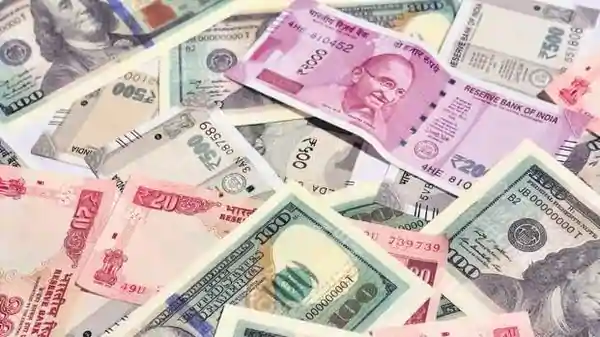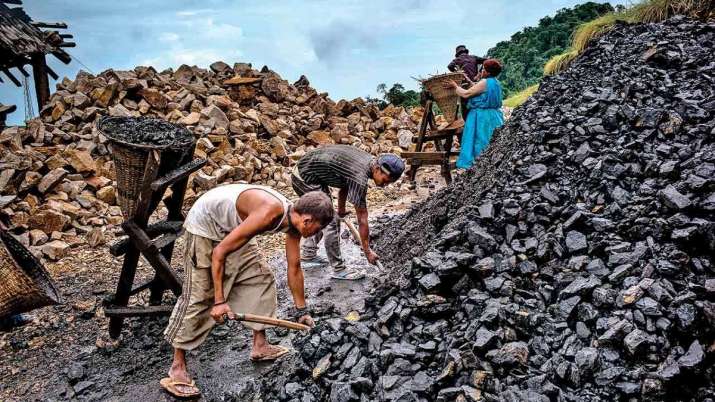
New Delhi, Jan 31: Giving thumbs-up to the Economic Survey’s growth projections for financial year 2022-23, economists and policy-watchers on Monday said that the estimate of GDP expansion is relativistic and factored in possible pandemic-induced disruptions.
“The Survey makes a realistic assessment of economic growth and macroeconomic stability based on reasonable assumptions without resorting to any rhetoric,” said M Govinda Rao, Chief Economic Adviser at Brickwork Ratings.
Assuming no shocks and surprises at macro level globally and on domestic front, Economic Survey tabled in Parliament on Monday projected India’s GDP growth in real terms at 8-8.5% in 2022-23.
“This projection is based on the assumption that there will be no further debilitating pandemic related economic disruption, monsoon will be normal, withdrawal of global liquidity by major central banks will be broadly orderly, oil prices will be in the range of US$70-$75/bbl, and global supply chain disruptions will steadily ease over the course of the year,” the Survey noted.
It said that the year ahead is well poised for a pick-up in private sector investment with the financial system in a good position to provide support to the revival of the economy.
“The range of 8.0-8.5% growth for FY2023 assumed by the Economic Survey appears to have built in a cushion for any disruption caused by future waves of Covid, in our view, even as preparedness of economic agents has improved amidst the insurance offered by the bouquet of social safety nets,” ICRA Chief Economist Aditi Nayar said.
The Survey presented a day ahead of the Budget said that fiscal support given to the economy as well as to the health response caused the fiscal deficit and government debt to rise in 2020-21.
It further said that a strong rebound in government revenues in 2021-22 has meant that the government will comfortably meet its targets for the year while maintaining the support, and ramping up capital expenditure.
“The strong revival in revenues (revenue receipts were up over 67 per cent YoY in April-November 2021) means that the Government has fiscal space to provide additional support if necessary,” the key document said.
Commenting on the Survey projections and macro-economic analysis, Rajani Sinha, Chief Economist & National Director- Research, Knight Frank India said,
“The Economic Survey has very aptly discussed in detail the current issues for the Indian economy, now the critical aspect would be how the Central and state Governments handle many of these issues going forward.”
Sanjiv Mehta, President, FICCI termed the GDP growth projection as encouraging but cautioned that some of the assumptions that underpin the projection could turn out to be more complex and limit the growth projection towards the lower end of the band.
“The evolving geo-political developments and their impact on oil prices, the likely accelerated pace of monetary policy normalisation by central banks and the still uncertain trajectory of the covid-19 pandemic could throw up newer challenges for the economy in the year ahead,”he said.
Mehta called for improving demand and enhancing capex on infrastructure in the Budget which would be presented on Tuesday (February 1, 2022).
“The Economic Survey’s GDP growth forecast of 9.2 per cent for this year and 8-8.5 per cent for next year will catapult India as the fastest growing major economy of the world for two consecutive years. The strong growth momentum experienced this year has lent buoyancy to the tax revenues which will help to ramp up capital spending, thus exerting a multiplier impact on rest of the sectors and supporting growth in the next fiscal too,” stated Chandrajit Banerjee, Director General, CII.






